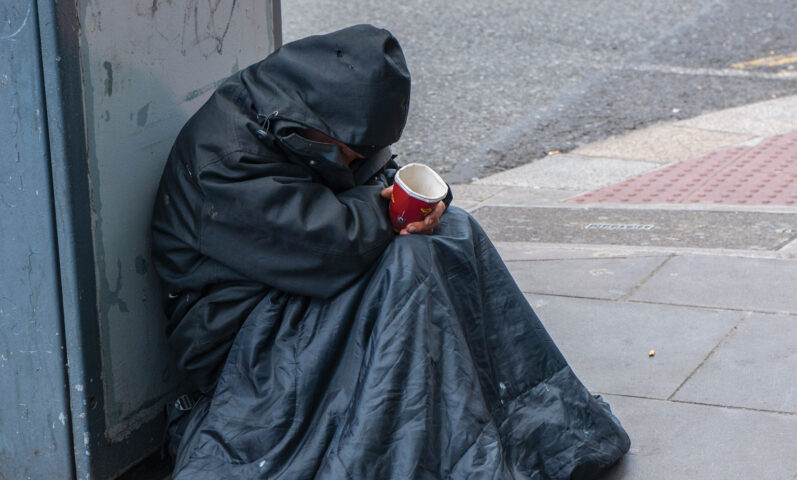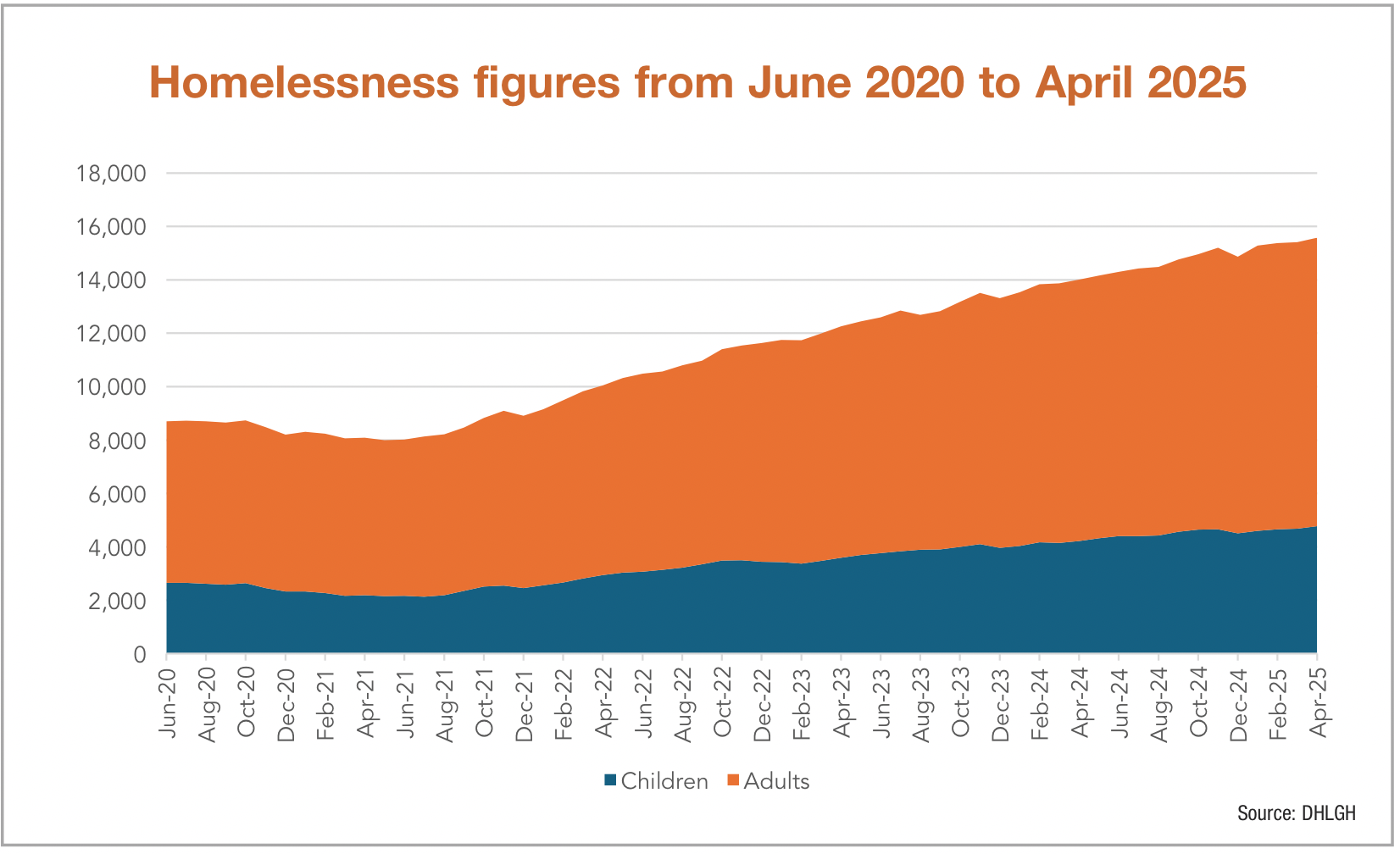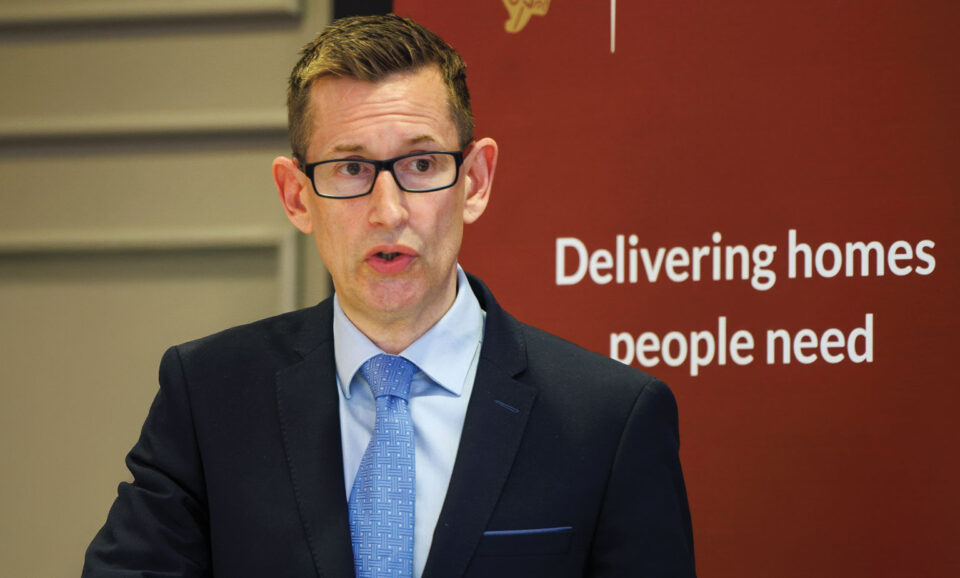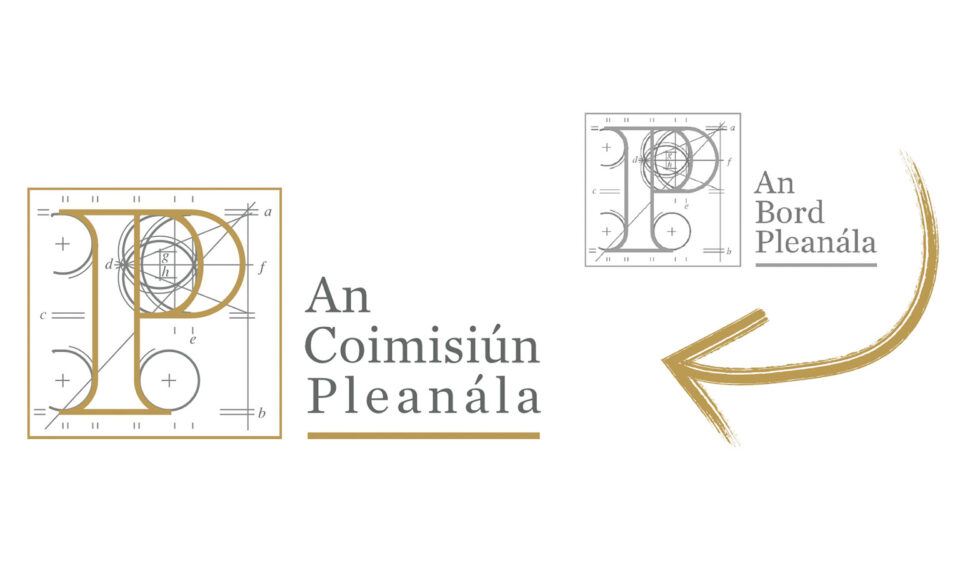
From foundations to futures: Respond’s strategic growth in housing delivery
1st July 2025
The social housing funding conundrum: Is securitisation the answer?
1st July 2025Homelessness records continue to break under new government

A total of 15,580 people comprising 10,805 adults and 4,775 children accessed emergency accommodation in April 2025, yet another new record for homelessness set under the current government.
Since the Fianna Fáil-Fine Gael-Regional Independents coalition was formed in January 2025, homelessness figures have increased every single month to April 2025. Of adults accessing emergency accommodation in this time, 52 per cent were Irish, 21 per cent were from the European Economic Area (EEA) or the UK, and 27 per cent were non-EEA. The vast majority of people accessing emergency accommodation in April 2025 were in Dublin, with 7,562.
Under the previous Fianna Fáil-Fine Gael-Green Party coalition government – which was in power from June 2020 to January 2025 – the total number of homeless people grew by 6,500 people from 8,699 in June 2020 to 15,286 in January 2025, a 75.7 per cent increase. Monthly homelessness figures increased 26 times under the previous government which was in power for 55 months.
Under the previous administration, homelessness figures began to decrease from the onset of the Covid-19 pandemic in March 2020 and the subsequent ban on evictions, when the total number of homeless people was 9,907. Monthly homelessness figures fell on 10 occasions during the 15-month period of March 2020 and June 2021 before they began to increase on an almost month-by-month basis again.
The Government also imposed a ban on evictions in October 2022 which was operational from November 2022 until March 2023. It did not lead to a reduction in overall homelessness figures, but did see the number of homeless children fall from 3,494 in November 2022 to 3,373 in February 2023, before rising to 3,472 in March 2023. The number of homeless adults during this time increased every month, from 8,048 in November 2022, to 8,516 in March 2023. Homelessness figures increased in almost every single month from then until the new government formed in January 2025.
In its Programme for Government, the current coalition government sets out the aim to reduce homelessness and protect vulnerable households in line with the formal government policy to end homelessness by 2030 outlined in Housing for All.
There were 4,176 preventions of households entering emergency accommodation during 2024, as 2,714 households exited. In 2024, 5,509 adults were prevented from entering emergency accommodation and 3,384 exited.
Emergency action
In March 2025, the Government announced changes to the Tenant in Situ (TiS) scheme, seen as a vital means to prevent homelessness, with 1,676 households prevented from becoming homeless through the scheme in 2024. Changes included a new rule that landlords selling homes to a local authority must be in receipt of a social housing support payment for two years.
Under new mandatory eligibility criteria for the scheme, local authorities and approved housing bodies must prioritise buying houses for families with children, older people, or people with disabilities. Opposition TDs criticised the introduction of this criteria, suggesting that it would reduce the number of TiS acquisitions, even if demand remained the same.
During a Dáil Éireann debate in mid-June 2025, Sinn Féin, the Social Democrats, the Labour Party, People Before Profit-Solidarity, and some independents filed a join-motion to request emergency action on housing and homelessness. Part of the motion requested the restoration of the TiS scheme. They also requested that the Dáil recognise that the homelessness crisis is deteriorating; house prices, rents, and council waiting lists are rising; and the Government continues to miss social and affordable housing targets.
Criticising Housing Minister James Browne TD, Sinn Féin housing spokesperson Eoin Ó Broin TD said: “The Minister has been in office for five months and we can already start to see the damage he and the people around him are doing to our housing system. I have already mentioned that he has cut funding for vital homeless prevention schemes. For the life of me, I cannot understand how that could be his first act.
“He has completely ignored The Housing Commission’s call for a Housing Delivery Oversight Executive (HDOE) with emergency powers, underpinned by legislation. The Minister is giving us a toothless tiger in the form of a Housing Activation Office (HAO), and he could not even put the head of that body in place.”
The Report of The Housing Commission, published in May 2024, recommended the establishment of the HDOE “as a decision-making body responsible for coordinating the delivery of housing” which would be “mandated through legislation”. Instead, the Department of Housing established the HAO, which has no legislative power. The HAO focuses on the infrastructure needed to support housing delivery at a local level. Its operational function is to “unblock issues on the ground”, as outlined by the Department.
Minister Browne replied: “The first thing I did when I became Minister was to increase the capital spend by €725 million. When I became Minister, the funding that was available for the tenant in situ scheme was €60 million. I increased it to €325 million.
“Despite the undoubted progress, we must acknowledge that housing still remains a crisis. The number of new homes coming on stream each year is far short of what we need. The State has invested unprecedented levels of public money in the delivery of housing in recent years, and we must continue to do so.”







